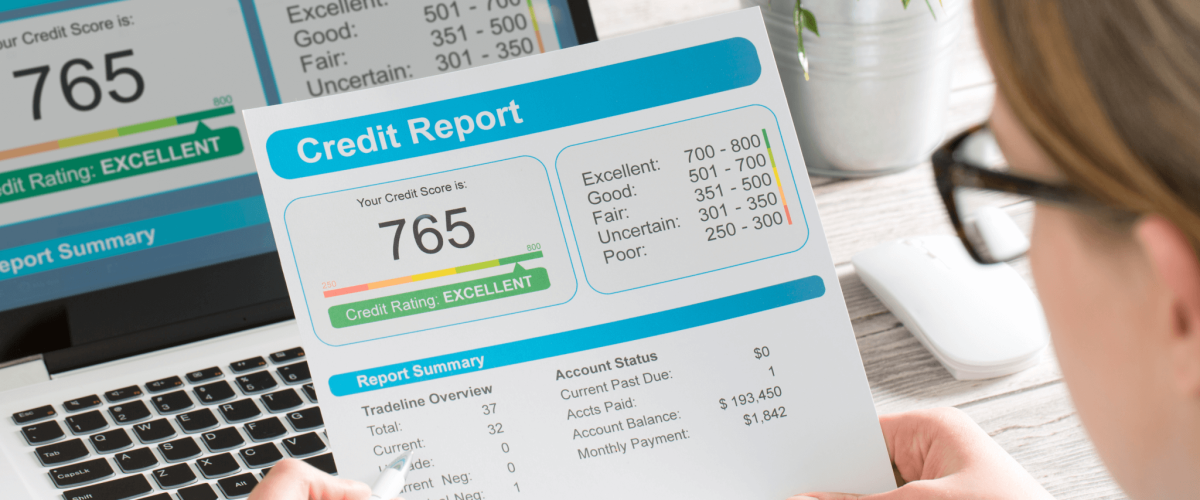
What is an average credit score?
Credit scores are an important aspect of our financial lives, influencing our ability to obtain loans, secure favorable interest rates, and even rent an apartment. While striving for an excellent credit score is admirable, it’s also essential to understand what’s considered average and realistic. In this blog post, we’ll delve into the concept of an average credit score and provide insights to help you gauge where you stand.
Understanding Credit Scores:
Credit scores typically range from 300 to 850, with higher numbers indicating better creditworthiness. These scores are calculated based on various factors, including payment history, credit utilization, length of credit history, credit mix, and recent credit inquiries. It’s important to remember that different credit scoring models may have slightly different ranges and interpretations.
The Average Credit Score:
In recent studies, the average credit score in the United States was around 711. However, it’s worth noting that average scores can vary based on different demographic factors such as age, income level, and region. It’s always a good idea to compare your credit score to the averages within your specific demographic group for a more accurate assessment.
Interpreting Your Credit Score:
While knowing the average credit score provides a helpful reference point, it’s equally important to understand how lenders perceive different credit score ranges. Here’s a general breakdown:
- Excellent: Scores above 800 are typically considered excellent. Individuals in this range are more likely to be offered the best interest rates and terms on loans and credit cards.
- Good: Scores between 670 and 799 are considered good. This range suggests responsible credit management and may still qualify for favorable terms, although not as competitive as those in the excellent range.
- Fair: Scores between 580 and 669 fall into the fair range. Individuals in this category may face slightly higher interest rates and may need to work on improving their creditworthiness.
- Poor: Scores below 580 are generally considered poor. This range may result in limited access to credit and higher interest rates. It’s crucial to focus on rebuilding credit in this scenario.
Improving Your Credit Score:
Regardless of where your credit score falls on the spectrum, there’s always room for improvement. Here are a few tips to help boost your creditworthiness:
- Pay Bills on Time: Consistently making timely payments is crucial for maintaining and improving your credit score.
- Reduce Credit Card Balances: Aim to keep your credit utilization ratio below 30% by paying down balances and avoiding maxing out credit cards.
- Establish a Credit History: If you’re new to credit, consider opening a secured credit card, enrolling in a credit builder product, reporting your rent and utilities to the credit bureaus, or becoming an authorized user on someone else’s credit card to start building a positive credit history.
- Regularly Monitor Your Credit: Keep an eye on your credit reports to ensure accuracy and address any errors or discrepancies promptly. Dovly is a free AI credit engine that can help you dispute any errors you find on your credit report. Try it risk-free with our free membership tier. Get in touch with Dovly today.
While the average credit score in the United States is around 711, it’s essential to view this number as a reference point rather than a definitive measure of creditworthiness. Your credit score should be considered in relation to the range of scores that lenders use to evaluate credit applications. Focus on improving your credit habits and strive for a score that aligns with your financial goals and aspirations. Remember, every positive step you take to manage your credit responsibly brings you closer to a stronger financial future.



